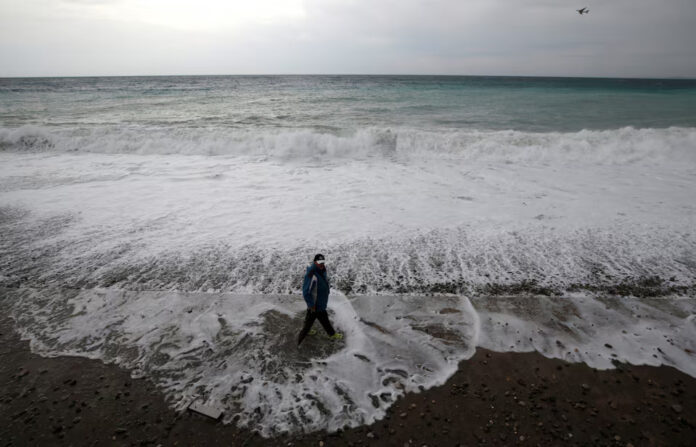
European governments are taking urgent steps to reduce their long-standing reliance on U.S. scientific data, particularly in climate and environmental monitoring, following deep budget cuts to American research agencies under President Donald Trump’s administration.
The EU and several European nations are now accelerating independent data collection programs to safeguard critical information on climate change, ocean conditions, and extreme weather, fields historically dominated by U.S. agencies like the National Oceanic and Atmospheric Administration (NOAA).
Trump’s return to office saw sweeping cuts to NOAA, the Environmental Protection Agency (EPA), the National Institutes of Health (NIH), and other research institutions. These reductions have led to the shutdown of major datasets and a rollback of global public access to information on sea-level rise, Arctic ice coverage, and storm forecasting.
“The current situation is much worse than we could have expected,” said Maria Nilsson, Sweden’s State Secretary for Education and Research. “My reaction is, quite frankly, shock.”
In response, the EU is prioritizing expansion of its European Marine Observation and Data Network (EMODnet) and considering increased investment in the Argo program, a network of ocean-monitoring floats previously funded 57% by the U.S. and 23% by the EU. NOAA had called Argo the “crown jewel” of ocean science before funding uncertainty emerged.
A senior EU official told Reuters that Europe’s goal is to “mirror and possibly replace” U.S.-based services vital to industries such as shipping, offshore energy, and insurance.
Officials in Denmark, Germany, Norway, and other countries have also begun backing up American datasets through “guerrilla archiving”, an international effort by scientists and archivists to preserve U.S. climate and environmental data before it’s lost. Norway has allocated $2 million to support these efforts, and Denmark has already begun downloading NOAA’s historical climate records.
At the same time, Europe is evaluating its dependence on U.S. infrastructure, with several countries commissioning reviews of national reliance on American datasets. The German government is working with scientific institutions to assess alternatives, while the Nordic states are coordinating regional backup systems.
Critics warn that Europe’s efforts, while necessary, cannot fully replace the scale and depth of U.S. research. “Databases need constant updating, and only governments have the infrastructure to do that,” said Denice Ross, a former U.S. Chief Data Officer and current fellow at the Federation of American Scientists.
President Trump’s 2026 budget proposes a $1.8 billion cut to NOAA, eliminating its main research division and reducing staffing by nearly 20%. The agency has already decommissioned 20 datasets related to earthquakes and marine science between April and June.
Despite the setback, European officials say the situation also presents an opportunity for the EU to build scientific sovereignty and leadership. “We’ve relied on the U.S. as the global scientific anchor,” said Germany’s Katrin Boehning-Gaese, “but that dependence now looks like a risk.”
As Europe moves to fill the growing void, policymakers and scientists alike agree: the global scientific landscape is undergoing a seismic shift, and this time, Europe intends to lead.
Written By Rodney Mbua


















